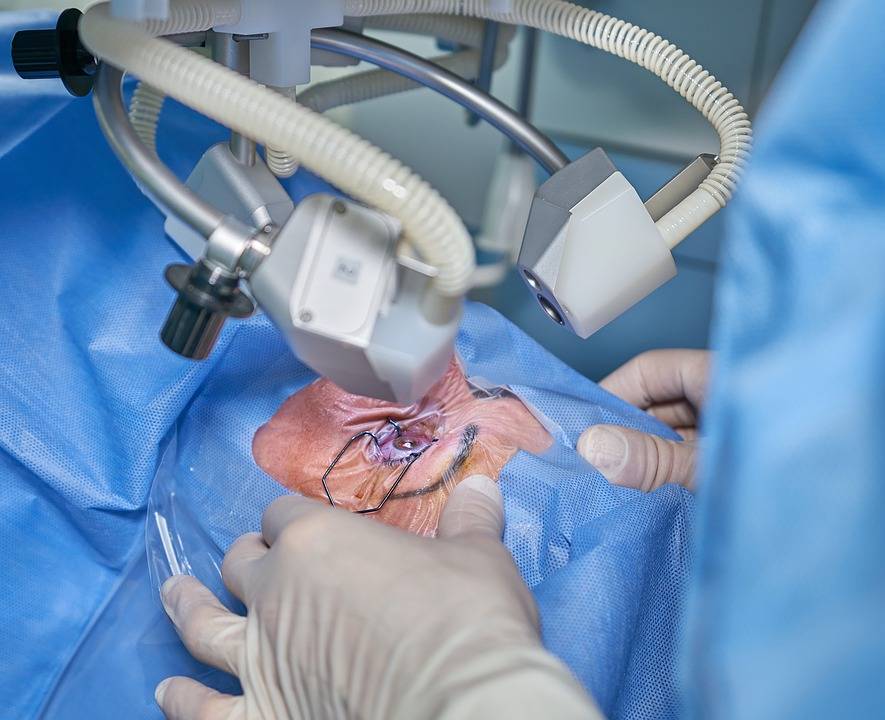Dear Savvy Senior,
How does Medicare cover cataract surgery? My eye doctor recently told me I’ve developed cataracts and should consider making plans for surgery in the next year or so.
Almost 67
Dear Almost,
Like gray hair and wrinkles, cataracts are an inevitable part of the aging process. Eventually, everyone (usually in their 60s) will develop cataracts, a condition that causes cloudy or blurry vision. The only way to correct this is through cataract surgery.
Fortunately, Medicare does cover medically necessary cataract surgery, which includes removing the cataract and implanting a standard intraocular lens (IOL). This is a small, lightweight, clear disk that replaces the focusing power of the eye’s natural crystalline lens to restore clear vision. This procedure is performed using traditional surgical techniques or lasers.
This coverage can be a substantial savings, since cataract surgery often costs about $1,800 to $2,800 per eye.
Cataract surgery is usually an outpatient procedure, covered under Medicare Part B. Once you pay the annual Part B deductible, which is $240 in 2024, you’re responsible for the Part B coinsurance.
That means you’ll pay 20 percent of the cost for covered services yourself. If you have a Medicare supplemental policy, also known as Medigap, you’ll have full or partial coverage for the 20 percent Part B coinsurance.
If you happen to be enrolled in a private Medicare Advantage plan, rather than original Medicare, you’ll also have coverage for cataract surgery. However, you may have to pay different deductibles or copayments and need to use an in-network provider. You’ll need to call your plan to find out its coverage details before you schedule surgery.
What’s Not Covered
Be aware that Medicare only covers cataract surgery with standard (monofocal) intraocular lenses, which improves vision at just one distance so you may still need glasses for close-up vision. Medicare will not cover premium (multifocal) intraocular lenses that can correct vision far away, up close and in between, so you can go glasses-free after surgery.
Premium interocular lenses are expensive, costing approximately $1,500 to $4,000 per eye, which you would be responsible for if you choose to upgrade. Talk with your doctor about your options and costs before your surgery.
Are Eyeglasses Covered?
Even though Medicare usually doesn’t cover eyeglasses or contact lenses, it will pay 80 percent for one set of corrective glasses or contacts after cataract surgery. Medicare, however, limits its coverage to standard eyeglass frames and lenses. If you want to get deluxe frames, progressive or tinted lenses or scratch-resistant coating for glasses, you’ll need to pay those costs yourself. Medicare also requires that you purchase the glasses or contacts from a Medicare-approved supplier.
Also, if you have any post-surgery complications or problems that are deemed medically necessary to address by a doctor, Medicare covers those expenses too. Any drops, antibiotics or other medication prescribed after your surgery would be covered by Medicare Part D or a Medicare Advantage plan that includes prescription drug coverage.
Send your senior questions to: Savvy Senior, P.O. Box 5443, Norman, OK 73070, or visit SavvySenior.org. Jim Miller is a contributor to the NBC Today show and author of “The Savvy Senior” book.

